
遺伝子工学者ブルース・バナーは、実験装置の事故で大量のガンマ線を浴びてしまう。命に別状はなかったが、以来、彼は何度も強い怒りに我を忘れそうになり、ついにその怒りがピークに達した時、彼は怪力を持つ巨人ハルクに変貌する。その後もブルースは何度もハルクに変身するが、我に返ると自分が引き起こした惨事に苦悩する。実は元をたどれば同じく遺伝子工学者だった彼の父デヴィッド・バナー博士の研究に端を発していた。

A newly married happy couple visits a sex therapist to determine why the wife can't achieve an orgasm with her husband. This causes a horrific suppressed memory to emerge and she becomes more and more distant.
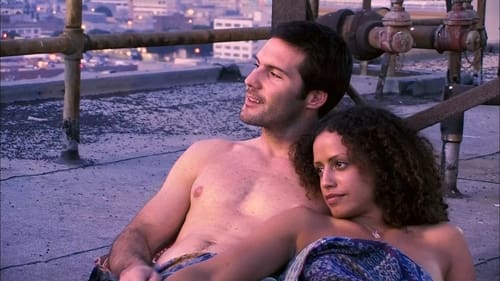
Sex, politics and American culture are mixed into a combustible combination in Now & Later. Angela is an illegal Latina immigrant living in Los Angeles who stumbles across Bill, a disgraced banker on the run. She takes him in. Through passionate sex, soul-searching conversations ranging from politics to philosophy, and other worldly pleasures, Angela introduces Bill to another worldview. As their affair heats up, the course of Bill's life begins to take an abrupt and unexpected turn.
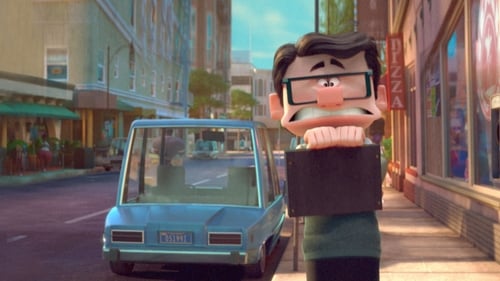
This is the story of the internal struggle between a man's Brain—a pragmatic protector who calculates his every move, and his Heart—a free-spirited adventurer who wants to let loose.
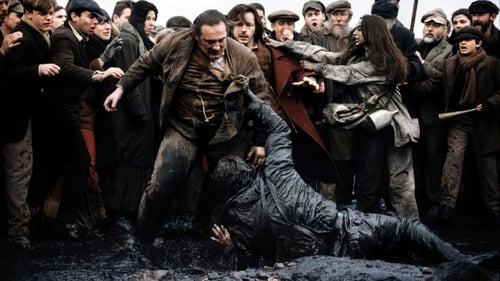
It's mid 19th century, north of France. The story of a coal miner's town. They are exploited by the mine's owner. One day the decide to go on strike, and then the authorities repress them

The Square looks at the hard realities faced day-to-day by people working to build Egypt’s new democracy. Cairo’s Tahrir Square is the heart and soul of the film, which follows several young activists. Armed with values, determination, music, humor, an abundance of social media, and sheer obstinacy, they know that the thorny path to democracy only began with Hosni Mubarek’s fall. The life-and-death struggle between the people and the power of the state is still playing out.

A young woman, Janice, is living with her restrictive and conservative parents, who lead a dull working-class life and consider their daughter to be “misbehaving” whenever she’s trying to find her own way in life.
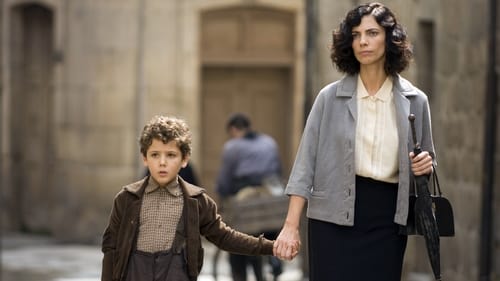
Orense, Spain, 1940, just after the end of the Civil War. Every time Elena locks the door of her home, she and her children become the faithful guardians of a sacred secret: Ricardo, her husband, their father, hides in the house, trying to avoid the brutal political persecution of the victors, who hunt, as if they were wild animals, and imprison or execute, those who have lost the bloody and tragic struggle…
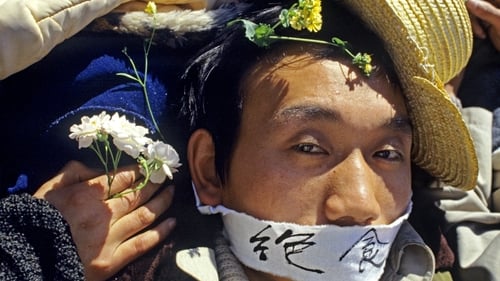
The true story of the seven weeks that changed China forever. On June 4, 1989, pro-democracy demonstrations were violently and bloodily repressed. Thousands of people died, but the basis for China's future was definitely planted.
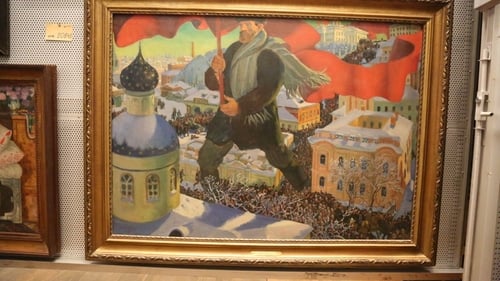
Drawing on the collections of major Russian institutions, contributions from contemporary artists, curators and performers and personal testimony from the descendants of those involved, the film brings the artists of the Russian Avant-Garde to life. It tells the stories of artists like Chagall, Kandinsky and Malevich - pioneers who flourished in response to the challenge of building a new art for a new world, only to be broken by implacable authority after 15 short years and silenced by Stalin's Socialist Realism.
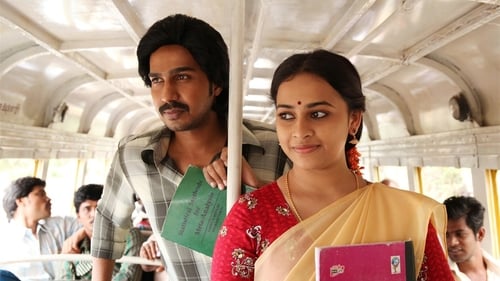
A state topper from a lower caste goes missing after an upper caste cop picks him up for questioning. What has happened to him?

This is the story of two women on opposite ends of a lifetime, a very young, curious Jiyan and her life-weary but resistant grandmother Berfe, in order to save the person who links them to each other.
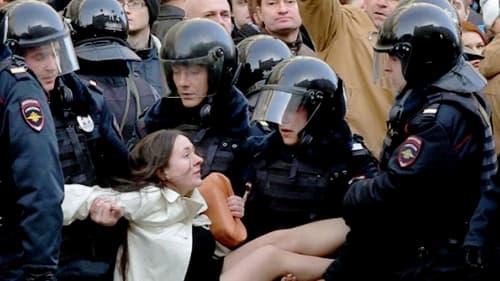
More than twenty years after Vladimir Putin came to supreme power in Russia on May 7, 2000, Russian society is deeply divided. A young, modern generation opposes the growing repression by the regime, which still retains the support of many members of previous generations. Who are these ordinary citizens who dream of living in a different Russia? What price will they have to pay to achieve the freedom and justice they so desire?

A serial murder case rocks a small town in China's semi-rural Hebei province. The film explores the case from the viewpoint of a teenage schoolgirl, Jing (Su Xiaotong), who becomes entangled with the case while struggling with her own burgeoning sexuality. In the face of police ineptitude and authoritarianism, and the restrictive, conservative mentality of the town's locals, Jing begins to develop her own theory about the case.

Camilo, an adolescent rower on a Xochimilco jetty, has his first sexual encounter with another man. One day he thinks he is being discovered by Beto, a colleague from work. When confronted, Camilo accidentally ends up revealing his homosexuality. Not knowing what to do, Camilo reacts violently and decides to flee Xochimilco.

In the midst of a climate of political repression, Ernesto is a student who believes that the "revolution" will only begin if there is a martyr for the cause; Isaac, his best friend and his student leader, seems like the ideal candidate.

Chapter 15 of the series 18 decades of life in Mexico in the twentieth century. Images of the cultural, social and political life in Mexico from 1970 to 1974. During the presidential term of Luis Echeverria Alvarez fantasies of prosperous and modern country it dissolves; Mexico live in political crisis. It is a time of omnipotence, barbarism, and violence intervention: the world seeks new ways. In Mexico, it held the World Cup, unionism is strengthened and inflation responds to the continuing economic imbalances.

In Adios Amor, the discovery of lost photographs sparks the search for a hero that history forgot—Maria Moreno, a migrant mother driven to speak out by her twelve children’s hunger. Years before Cesar Chavez and Dolores Huerta launched the United Farm Workers, Maria picked up the only weapon she had—her voice—and became an outspoken leader in an era when women were relegated to the background. The first farm worker woman in America to be hired as a union organizer, Maria’s story was silenced and her legacy buried—until now.

















